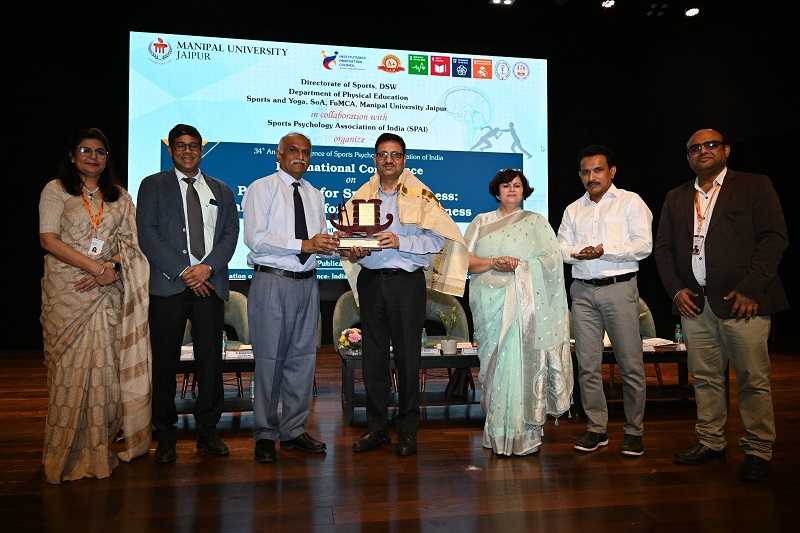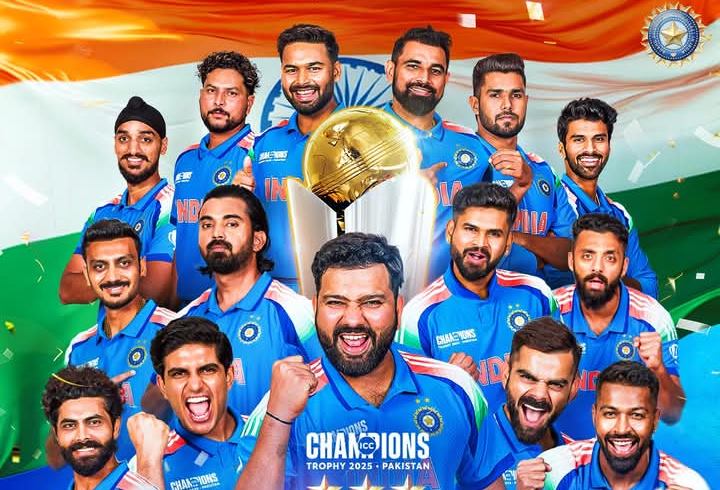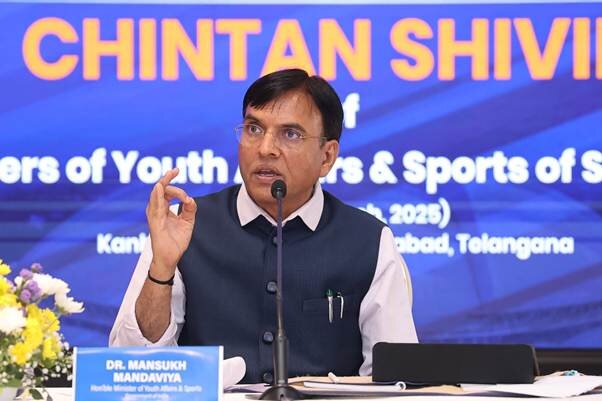Follow Us
- Congress Launches ‘Samvidhan Leadership Programme’ for Marginalized Communities
- Surjewala Disagrees with Dhankhar, Says Judicial Independence is a ‘Nuclear Missile’ Protecting Rights
- Odisha: 7-year-old girl raped in Angul Bantala area
- Dhenkanal: Two killed in Rungta Steel Plant mishap
- International Conference on Psychology for Sporting Success Kicks off at Manipal University Jaipur
Supreme Court Proposes No Di-notification of Waqf Properties, Questions Would Muslims be part Of Hindu Trusts?
The bench, comprising Chief Justice Sanjeev Khanna, Justice Sanjay Kumar, and Justice K.V. Viswanathan, stated, "Properties declared as Waqf by courts, whether Waqf by User or by deed, should not be de-notified as Waqf, even as the court hears petitions challenging the Waqf Amendment Act 2025." The court further noted, "All members of Waqf Boards and the Central Waqf Council must be Muslim, except for ex-officio members."
Initially, the bench considered transferring these petitions to a High Court but later heard arguments from senior advocates, including Kapil Sibal, Abhishek Manu Singhvi, Rajeev Dhavan, and Solicitor General Tushar Mehta, representing the Centre.
The Supreme Court has not yet issued a formal notice in the Waqf case but stated that it would resume hearing the petitions on April 17 (Thursday) at around 2 PM. The court also expressed concern over the violence that erupted after the law's enactment, noting it as disturbing while it examines these matters.
During the hearing, the Chief Justice proposed an order stating that ex-officio members could be appointed regardless of their religion, but other members must be Muslim. The court questioned Solicitor General Tushar Mehta, asking how "Waqf by User" could be disallowed, as many people may lack the required documents to register such Waqfs.
"Waqf by User" refers to a practice where a property is recognized as a Waqf for religious or charitable purposes based on its long-term, uninterrupted use for such purposes, even without a formal written declaration by the owner. The court remarked, "How will you register such Waqf by User? What documents will they have? This will undo some things. Yes, there is some misuse, but there are genuine cases too. I have read Privy Council decisions. Waqf by User has been recognized. If you undo it, it will be a problem. The legislature cannot declare a decision, order, or decree void. You can only provide grounds."
In response, Tushar Mehta argued that a significant section of Muslims does not wish to be governed by the Waqf Act. The bench then asked Mehta, "Are you saying that from now on, you will allow Muslims to be part of Hindu endowment boards? Say it openly." The court emphasized that when a public trust was declared a Waqf 100 or 200 years ago, it cannot suddenly be taken over by the Waqf Board and declared otherwise. The bench stated, "You cannot rewrite the past."
Mehta countered that the Joint Parliamentary Committee held 38 meetings and examined 98.2 lakh representations before the law was passed by both Houses of Parliament. At the start of the hearing, the Chief Justice outlined two aspects for discussion: "First, should we consider this, or should it be sent to a High Court? Second, briefly state what you are urging and what arguments you wish to make. We are not saying there is any bar on the Supreme Court hearing and deciding petitions against the law."
Citing Article 26, Sibal argued that if he, born a Muslim, wants to create a Waqf, why should he prove he has practiced Islam for five years? He stated that his personal law applies, and if the creator provides documents, the Waqf should stand. The Chief Justice responded that Article 26 is secular and applies to all communities.
Senior advocate Abhishek Manu Singhvi, representing other petitioners, argued that the Waqf Act's impact is nationwide, and the petitions should not be sent to a High Court. Opposing the Waqf Act, senior advocate Huzefa Ahmadi stated that Waqf by User is an established Islamic practice that cannot be taken away. Singhvi informed the court that there are approximately eight lakh Waqf properties across India, of which over four lakh are registered as "Waqf by User." He expressed concern that the amendments to the Waqf Act threaten these properties.
The Centre recently notified the Waqf (Amendment) Act, 2025, which was passed by Parliament after intense debates in both Houses and received President Droupadi Murmu's assent on April 5. In the Rajya Sabha, 128 members voted in favor, and 95 against. In the Lok Sabha, 288 voted in favor, and 232 against, securing its passage in both Houses.
Seventy-two petitions, including those by AIMIM leader Asaduddin Owaisi, the All India Muslim Personal Law Board (AIMPLB), Jamiat Ulama-e-Hind, Dravida Munnetra Kazhagam (DMK), Congress MP Imran Pratapgarhi, and Mohammad Javed, have been filed challenging the Act's validity.
On April 8, the Centre filed a "caveat" in the Supreme Court, requesting a hearing before any orders are passed in the case. A caveat is filed in High Courts and the Supreme Court to ensure that no order is passed without hearing the concerned party.
Congress Launches ‘Samvidhan Leadership Programme’ for Marginalized Communities
Surjewala Disagrees with Dhankhar, Says Judicial Independence is a ‘Nuclear Missile’ Protecting Rights
Odisha: 7-year-old girl raped in Angul Bantala area
Waqf Amendment Act is an Attack on the Constitution, Not a Community: Congress
Supreme Court to Resume Hearing on Petitions Challenging Validity of Waqf Amendment Act, May Issue Interim Order
-
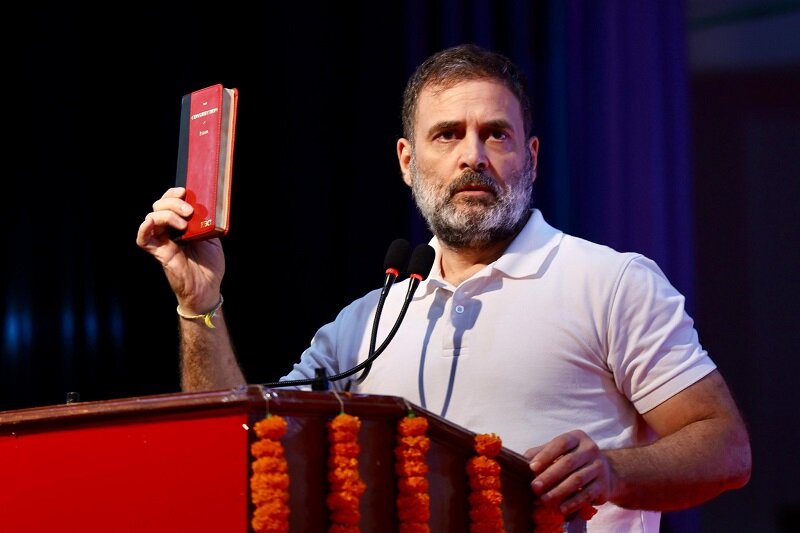
Congress Launches ‘Samvidhan Leadership Programme’ for Marginalized Communities -
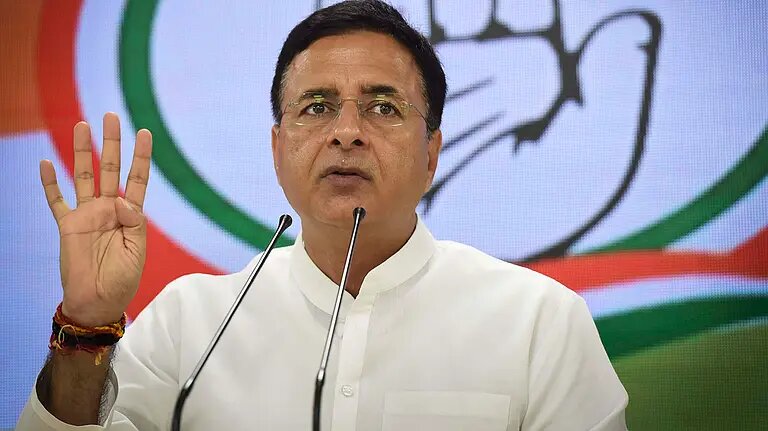
Surjewala Disagrees with Dhankhar, Says Judicial Independence is a ‘Nuclear Missile’ Protecting Rights -
.jpg)
Odisha: 7-year-old girl raped in Angul Bantala area -

Dhenkanal: Two killed in Rungta Steel Plant mishap -
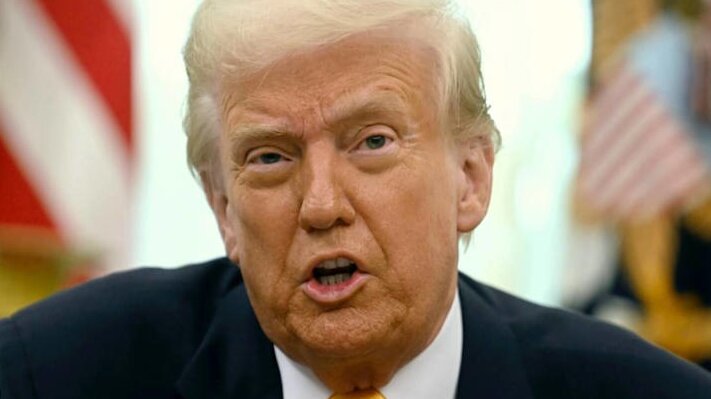
Big Setback for Trump:U.S. Supreme Court Stays Citizenship Decision -

Tensions Between China And US Escalates As Trump Further Imposes 245% Tariff -
.jpg)
Israel-Hamas War: Israeli Bombardment Kills 19 Palestinians, Including Children and Women -
.jpg)
Supreme Court to Resume Hearing on Petitions Challenging Validity of Waqf Amendment Act, May Issue Interim Order -
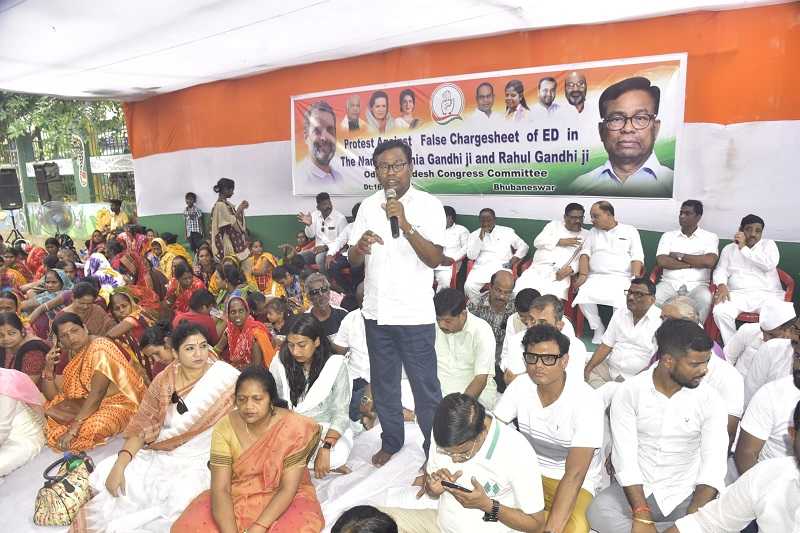
Odisha Congress Protests at ED Office Over Modi and Shah's Arbitrary Actions -

Supreme Court Proposes No Di-notification of Waqf Properties, Questions Would Muslims be part Of Hindu Trusts? -
.jpg)
Law and Order Completely Collapsed in Punjab, Alleges Congress -
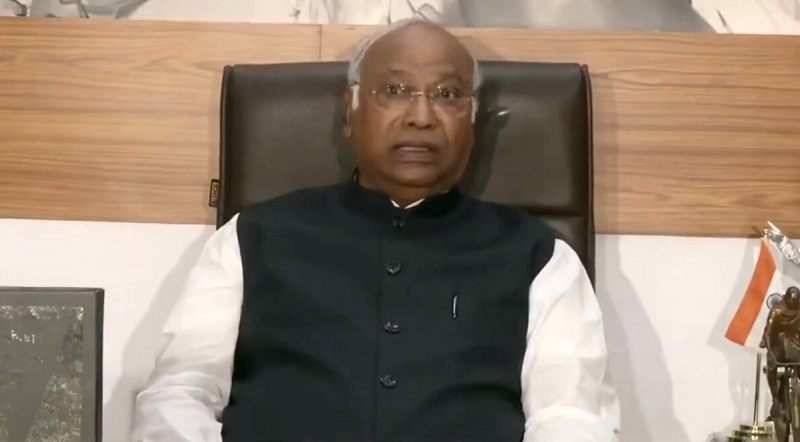
BJP-RSS People Are Enemies of Babasaheb Ambedkar: Kharge -
.jpg)
56 killed by paramilitary forces in Sudan's western city in 2 days: Reports -
.jpg)
Congress Again Targets Modi Government Over RTI Law, Jairam Ramesh Urges To Repeal Weakening Amendments -
.jpg)
Gaza death toll crosses over 50,950 as Israeli army kills 20 more Palestinians





.jpg)
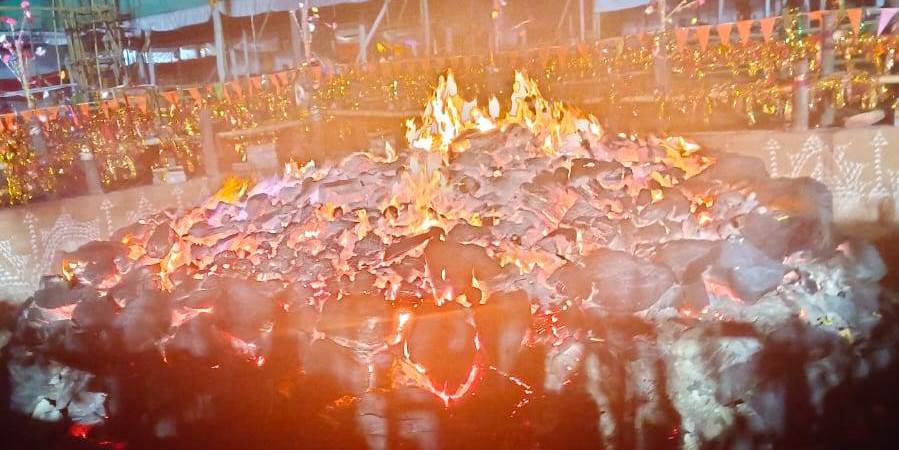
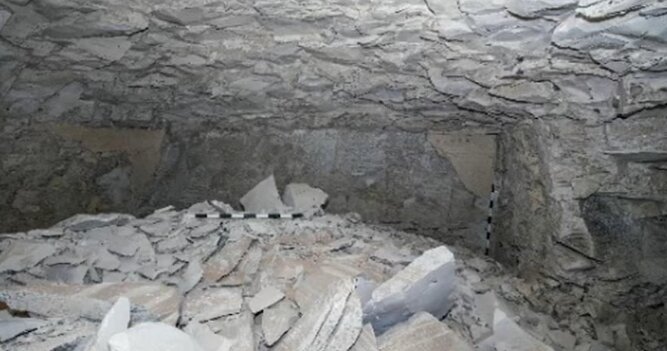
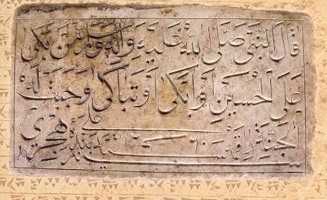
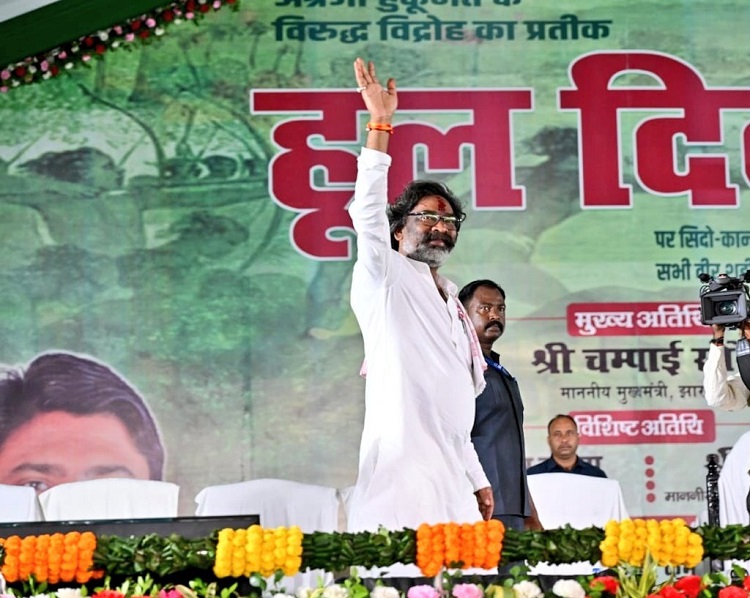
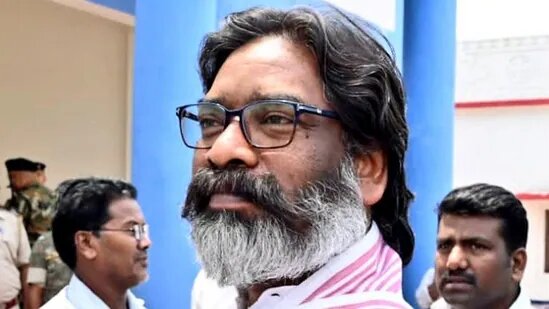

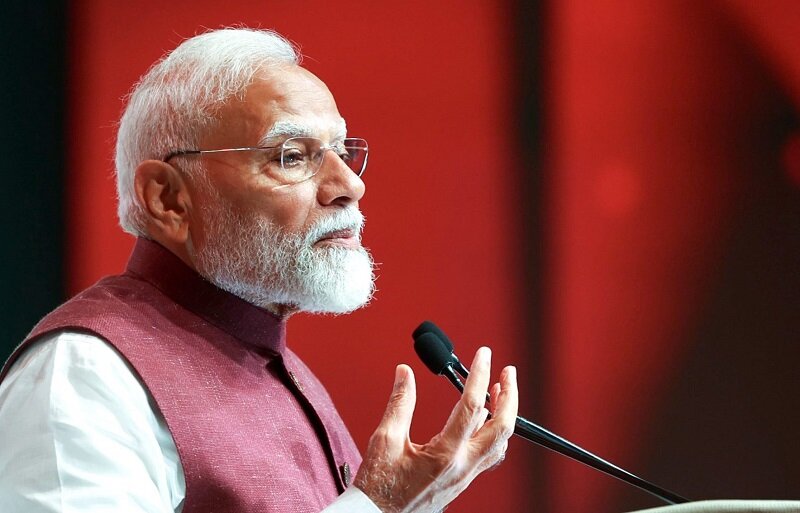
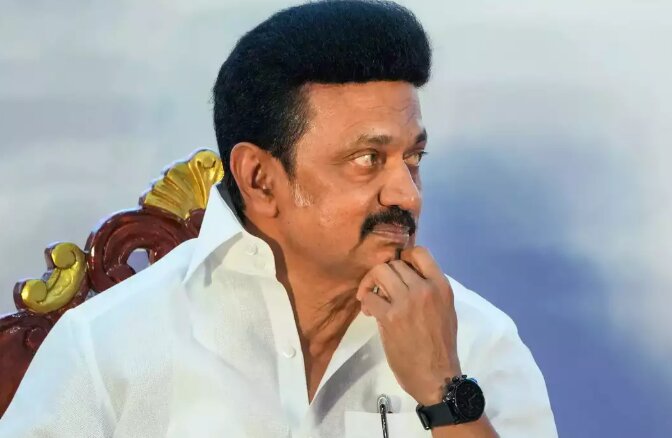

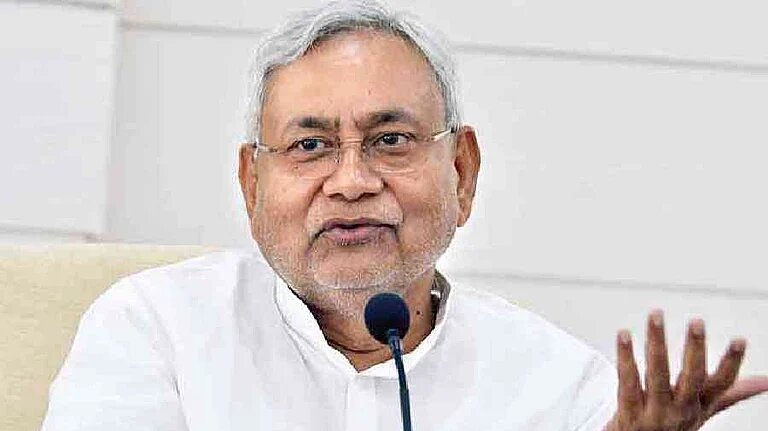
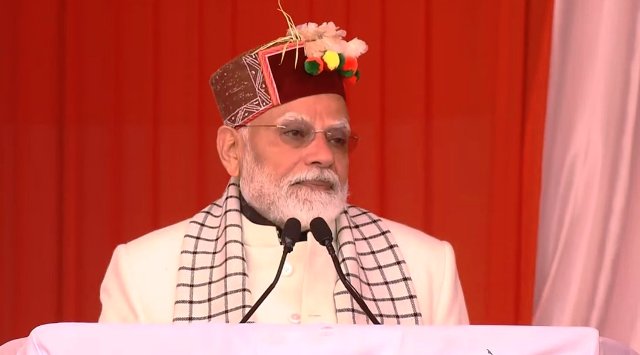

.jpg)

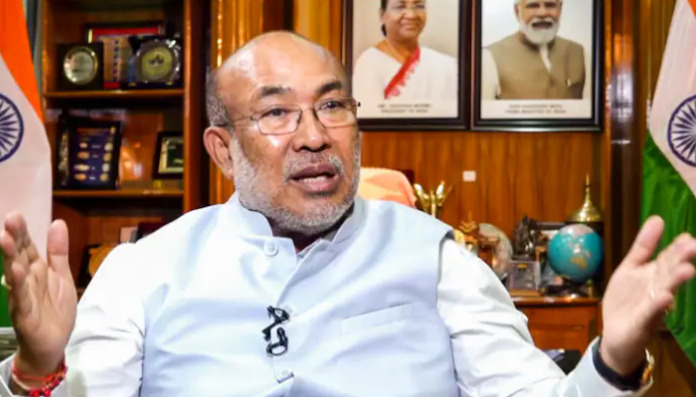

.jpg)

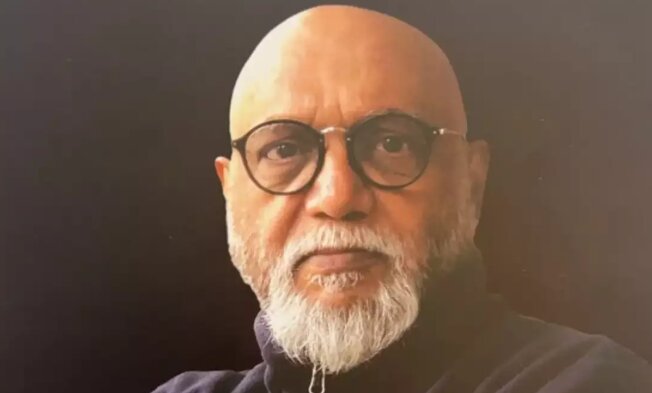
.jpg)

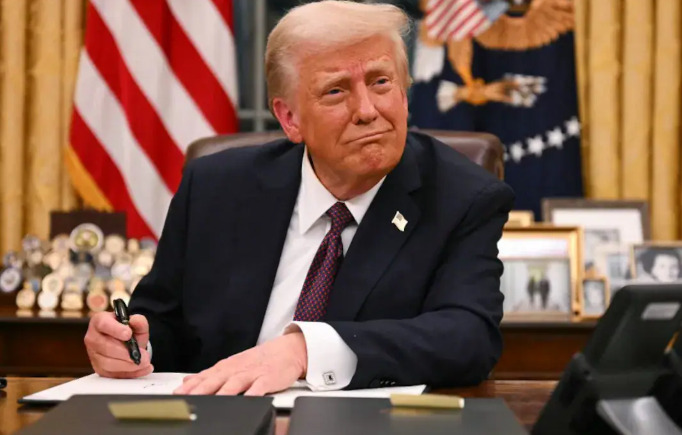
.jpg)
